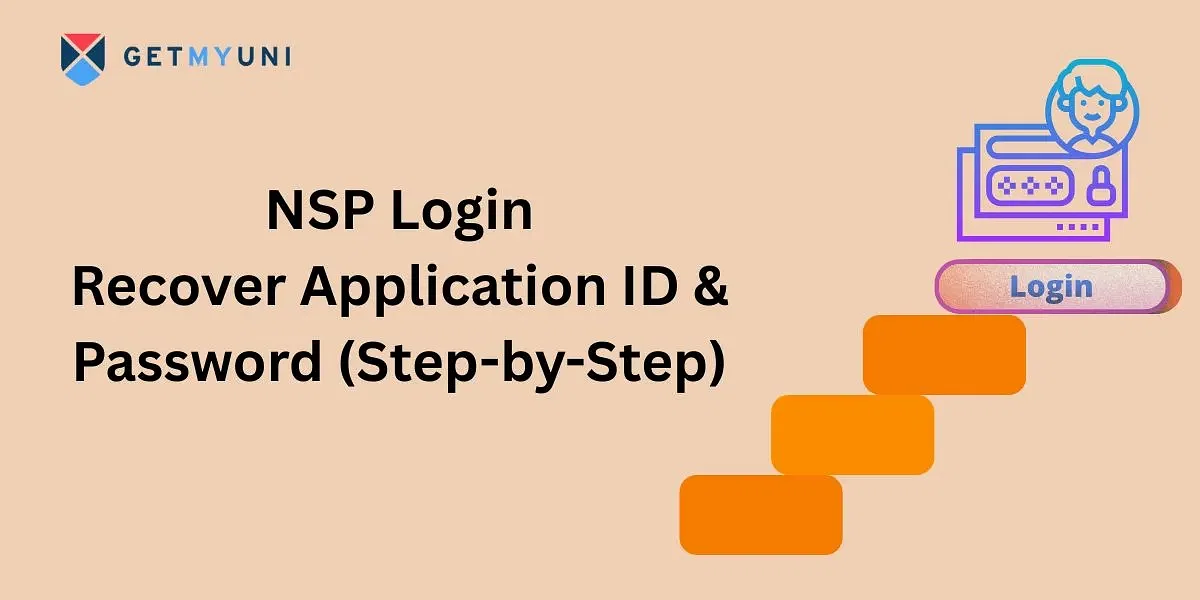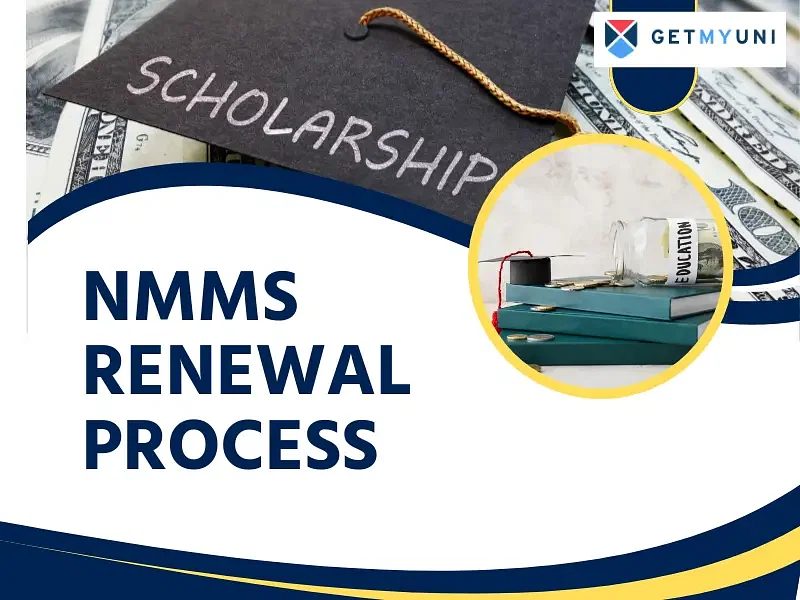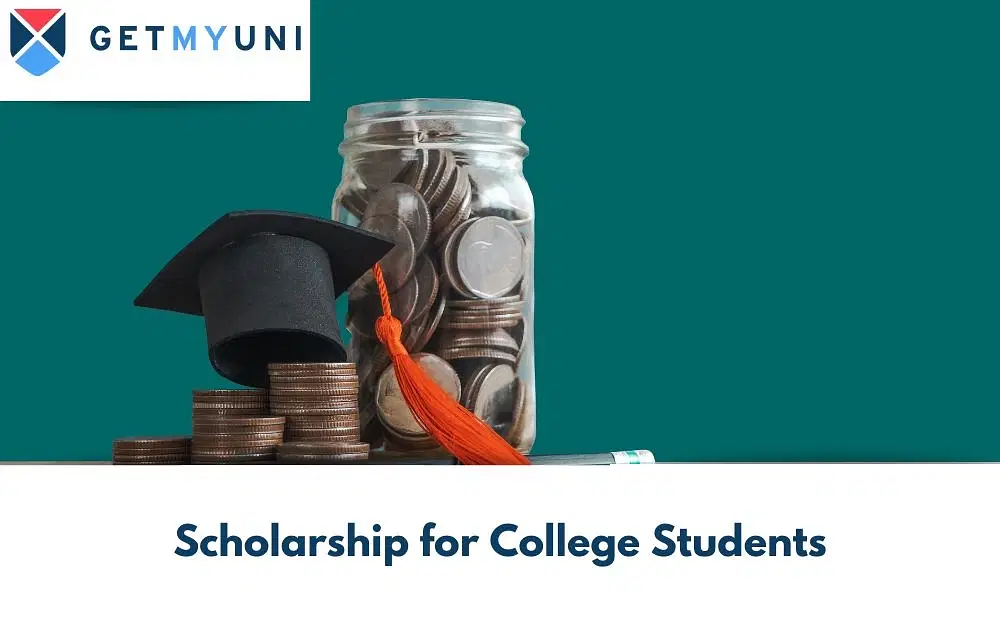After the candidates apply for the scholarships, the selection committee might invite them for an interview. The candidates' responses to the scholarship interview questions will determine if they will be selected to the next round.
Table of Contents
The scholarship interview questions are open-ended. The interview process is a crucial part that will determine if the candidates can obtain the scholarship. The panel will ask these questions to know more about the applicant. Several institutions and organizations conduct scholarship interviews to shortlist the applicants.
Popular Scholarship Questions and Answers
The candidates applying for the scholarship programmes will be selected based on various criteria. After applying for the scholarships, they will be selected based on essays, interviews, and recommendation letters. The applicants should convince the selection committee why they would make a perfect choice for the scholarship programme.
There is a common misconception that scholarship interviews are the hardest part to crack. However, the following questions will enable the students to prepare for the interview with confidence and ease. Given below are some of the most common scholarship interview questions and sample answers:
Tell us About Yourself?
The candidates can take this opportunity to let the interviewers know what makes them unique and sets them apart from the others. They can give an overview and highlight their main interest at the same time. The answer should be less than a minute. However, they cannot repeat what is printed on the resume. For example,
Hi, my name is Rajitha, and I'm studying at XYZ school. I love reading, especially in English and Hindi. I have spent my summers improving my literature by attending summer programmes. I've created a blog where I get to write about everything. Besides reading and writing, I also like spending time with my family and friends.
Tell us your Strengths and Weaknesses?
Strengths: The candidates should answer this question with honesty and provide examples. They can provide examples where their strengths have been beneficial to others as well.
Weaknesses: While talking about their weaknesses, they should mention what steps are taken to overcome them. The interviewers ask this question to know if the candidates can introspect themselves and learn from their mistakes. Refrain from giving generic answers. For example,
I'm constantly working on bettering myself. At school, I always stammered while speaking and was afraid to get on stage. I was determined to get over the fear. Hence, I started participating in debates and have won several competitions. I still stammer sometimes, but my teachers have noticed my progress and have appreciated me for it.
What has been your Biggest Mistake?
The candidates can emphasize how they've learnt from their past mistakes. They can give an example where their mistakes have been a learning process and don't repeat them anymore.
Where do you see Yourself in Five Years?
The panel asks this question to know if the candidate has an ambition. The answer should be based on accomplishing academic and career milestones rather than personal life. For example,
I like rural areas, and I'm studying to be a doctor. So in five years, I'll probably be a well-established doctor and serve the poor in the rural areas.
Who is your Inspiration?
The candidates should talk about the person they want to emulate and what makes their idol stand out from the rest. This question intends to know if the candidates can recognize and appreciate the positive traits of a person.
Talk about your Leadership Experience?
The candidates can talk about a situation where they've taken responsibility for others' wellbeing and how they did it differently from other people. For example,
I didn't know I had leadership qualities until the drama club elected me as a leader. I was able to bring many positive changes to the club and make the experience enjoyable for others. That's when I realized I was good at solving problems and could hold a team together.
Questions Regarding the Scholarship Programme
Why do you want to study at this University or College?
The question is designed to know if the candidate is interested in attending the college or university of their choice. The candidates should tell the interviewers what impressed them the most about the college or university and their distinctive features. They should avoid giving generic answers.
Why should we give you the scholarship?
The candidates are advised to go through the scholarship's description of an ideal candidate before the interview. They should acknowledge that other applicants are deserving of the scholarship. However, their accomplishments and determination will be a driving force to achieve their academic goals, and it will be possible with the help of the scholarship.
What will you do with the Scholarship Money?
The candidates can talk about the academic goal they can achieve with the help of the scholarship fund. They can prepare by creating a budget report that shows approximate expenses to obtain the degree and the income you might receive from family or other sources.
Ending Questions
Do you have any questions for me?
It would be better if the candidates have questions for the interviewers. It shows them that they have been preparing and planning ahead of time. For example,
Do you have any advice for me as I prepare to attend XYZ college?
Would you like to say anything?
It is a great opportunity for the candidates to mention any accomplishments they forgot to mention earlier during the interview. If they had given a wrong impression at any point, it would be a great time to rectify it. For example,
I think I said everything I wanted to say. Thank you for your time.
Other Popular Questions
- What is your goal in life?
- What are your hobbies?
- How will this scholarship achieve your goals?
- What if you are not selected for the scholarship programme?
- What will you be studying?
- Why did you choose the course?
Summary
The scholarship interview is an important part for the students to prepare. Based on the answers, the committee will decide if the candidate qualifies to obtain the scholarship. Therefore, they should always thank the interviewers for their time before leaving. They should also maintain eye contact while answering questions and assure the panel that they will be available for any follow-up questions. The candidates are advised to prepare well before attending the interviews. They should practice staying calm, confident and relaxed throughout the interview.























POST YOUR COMMENT